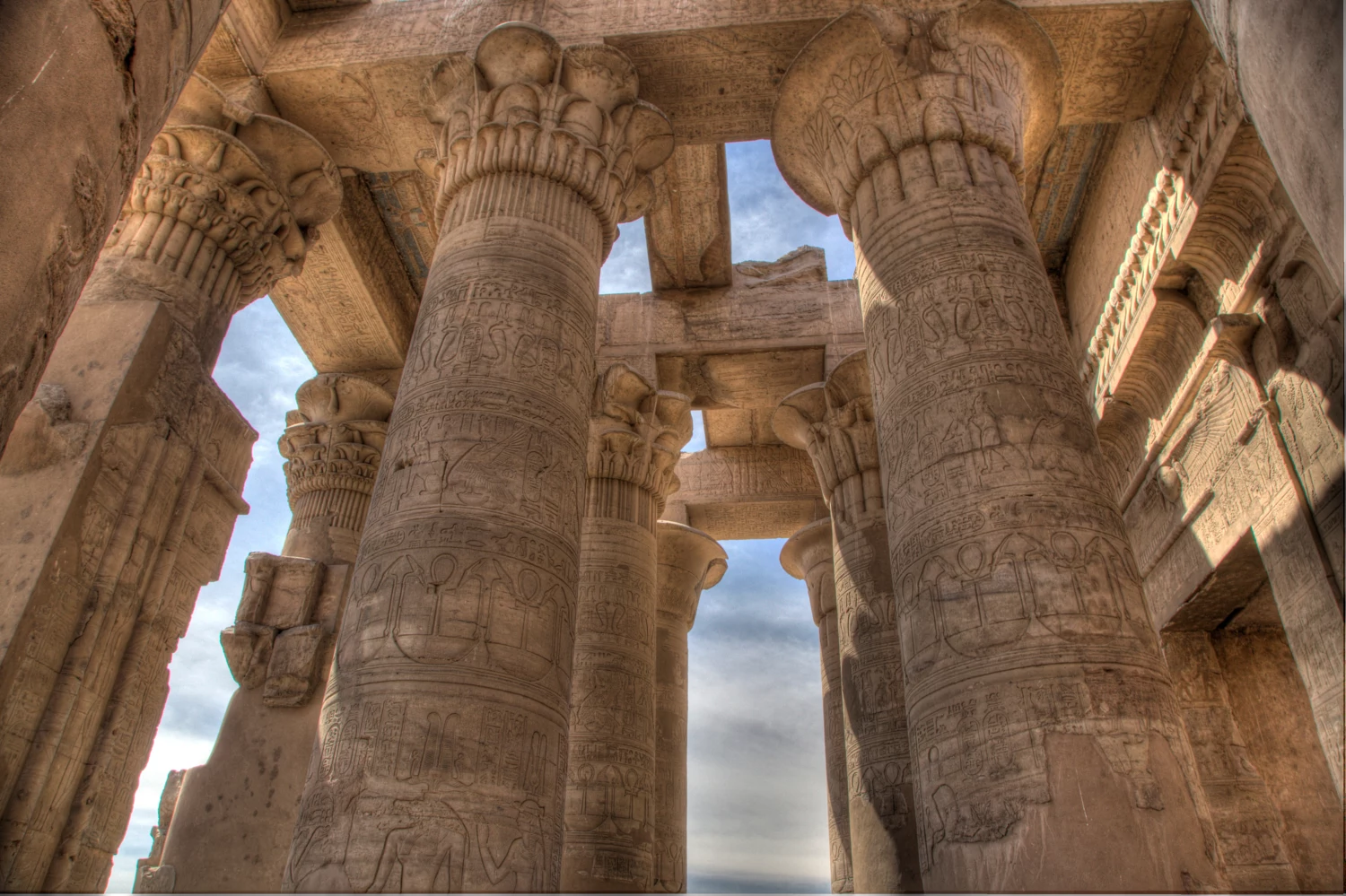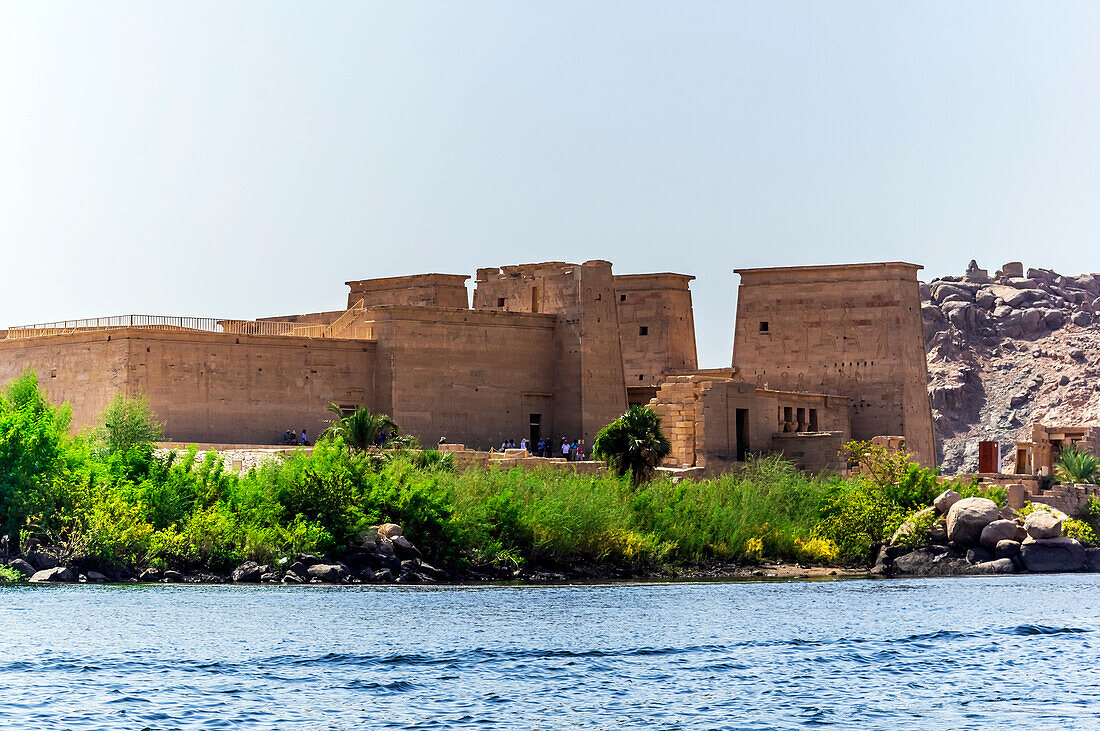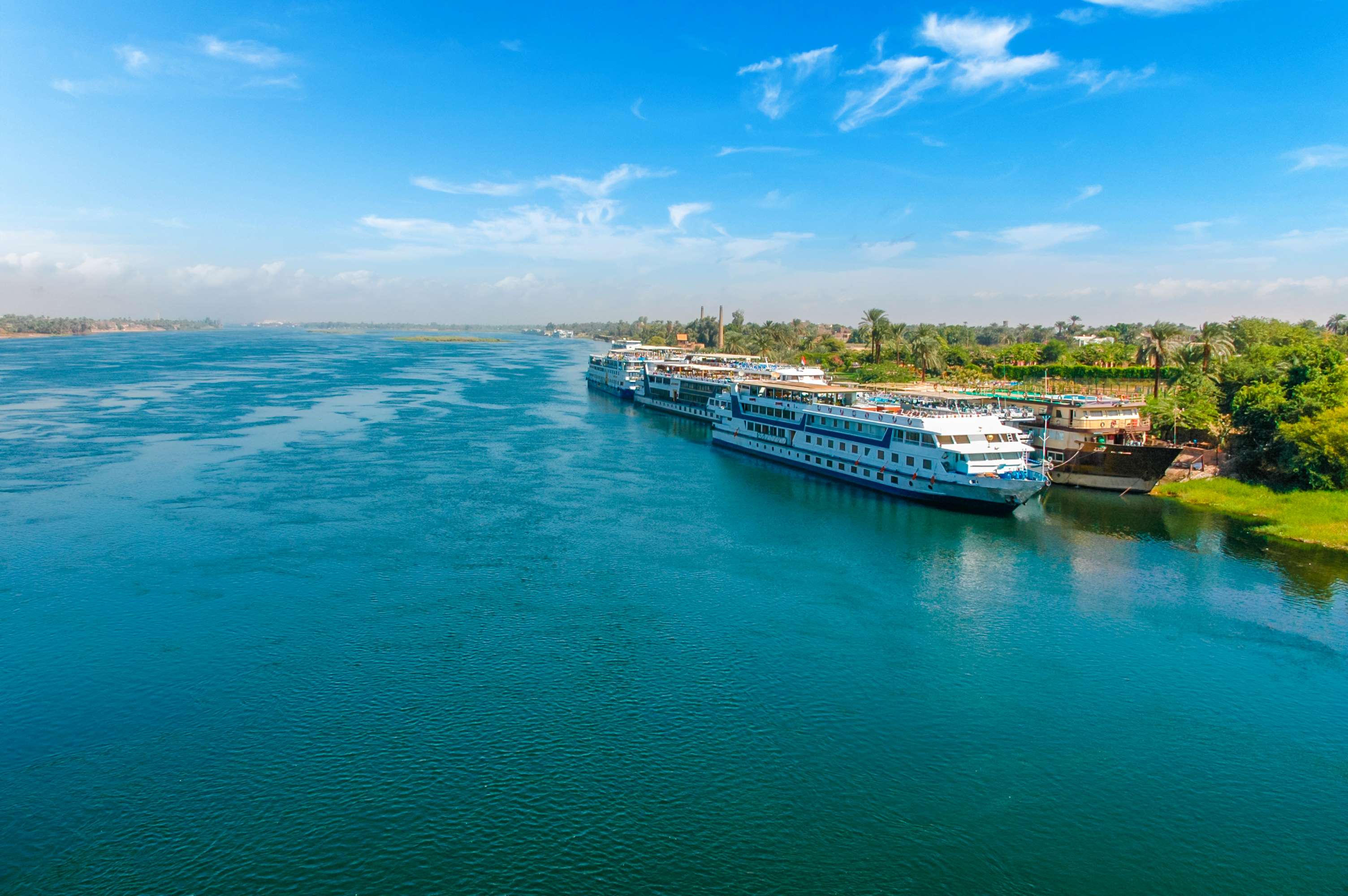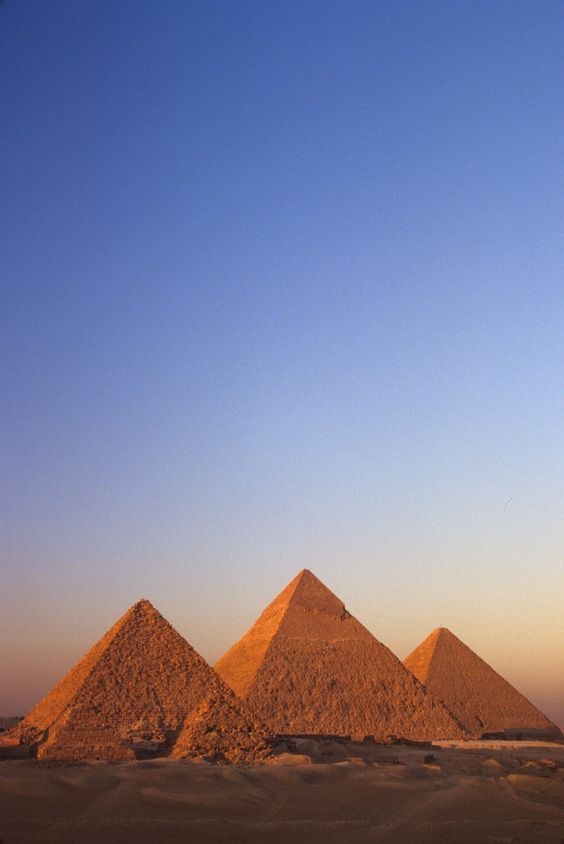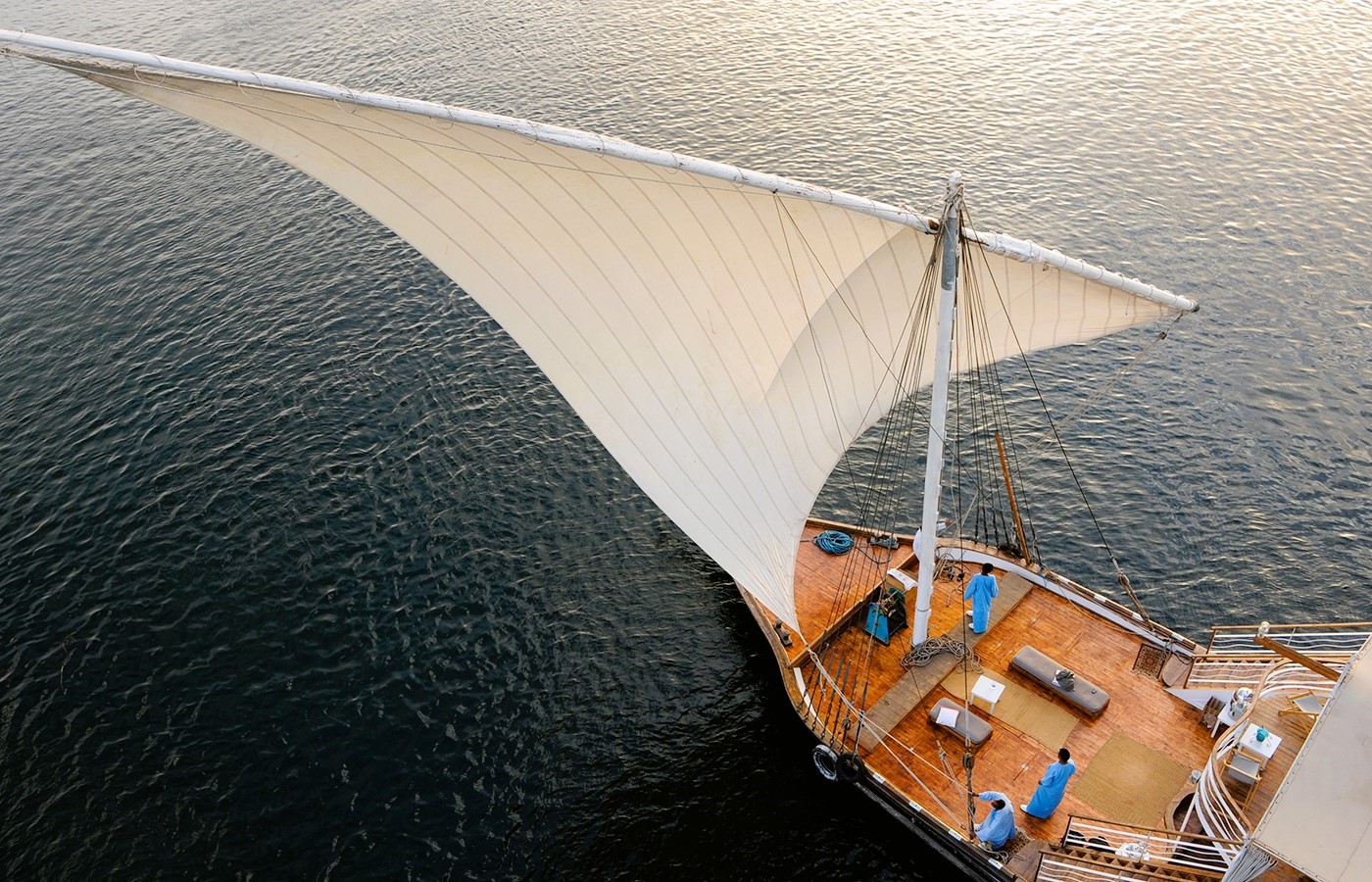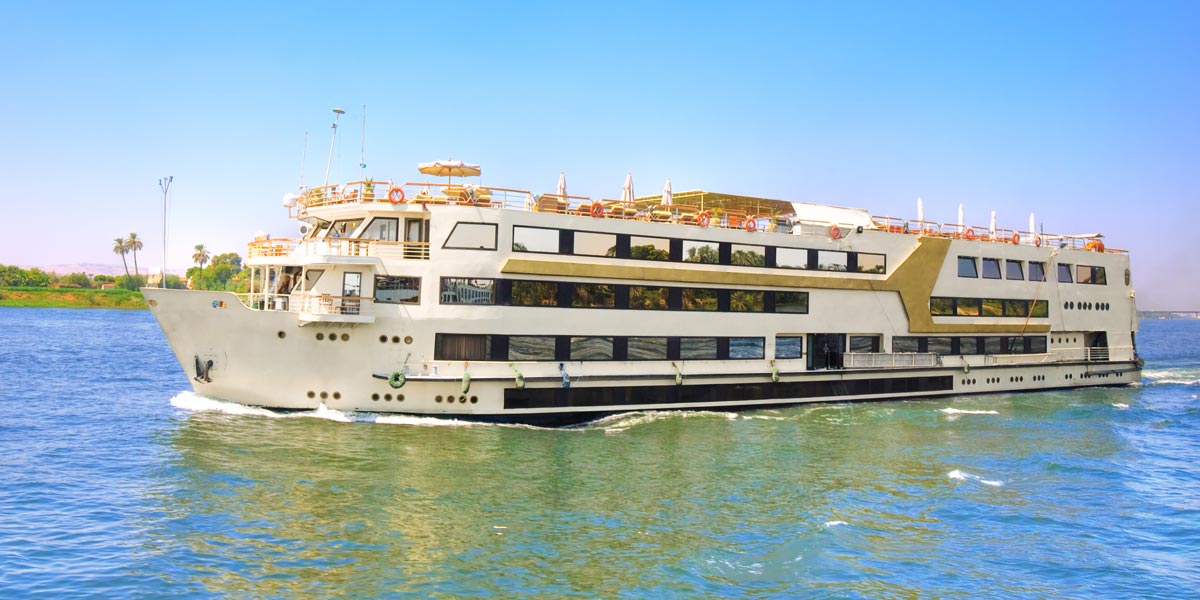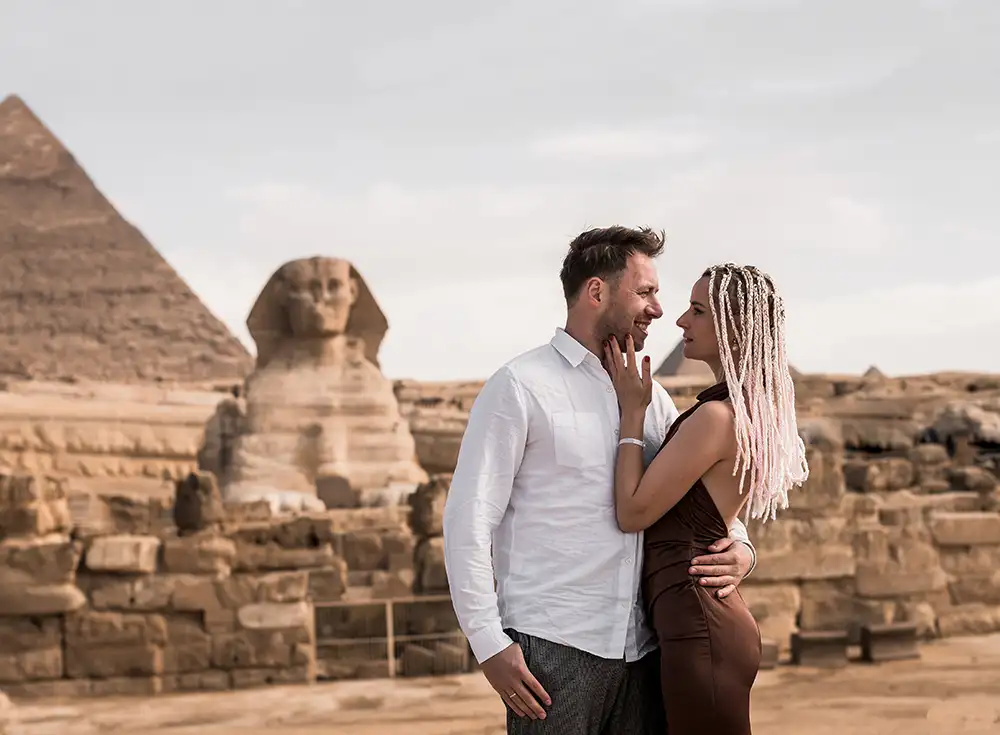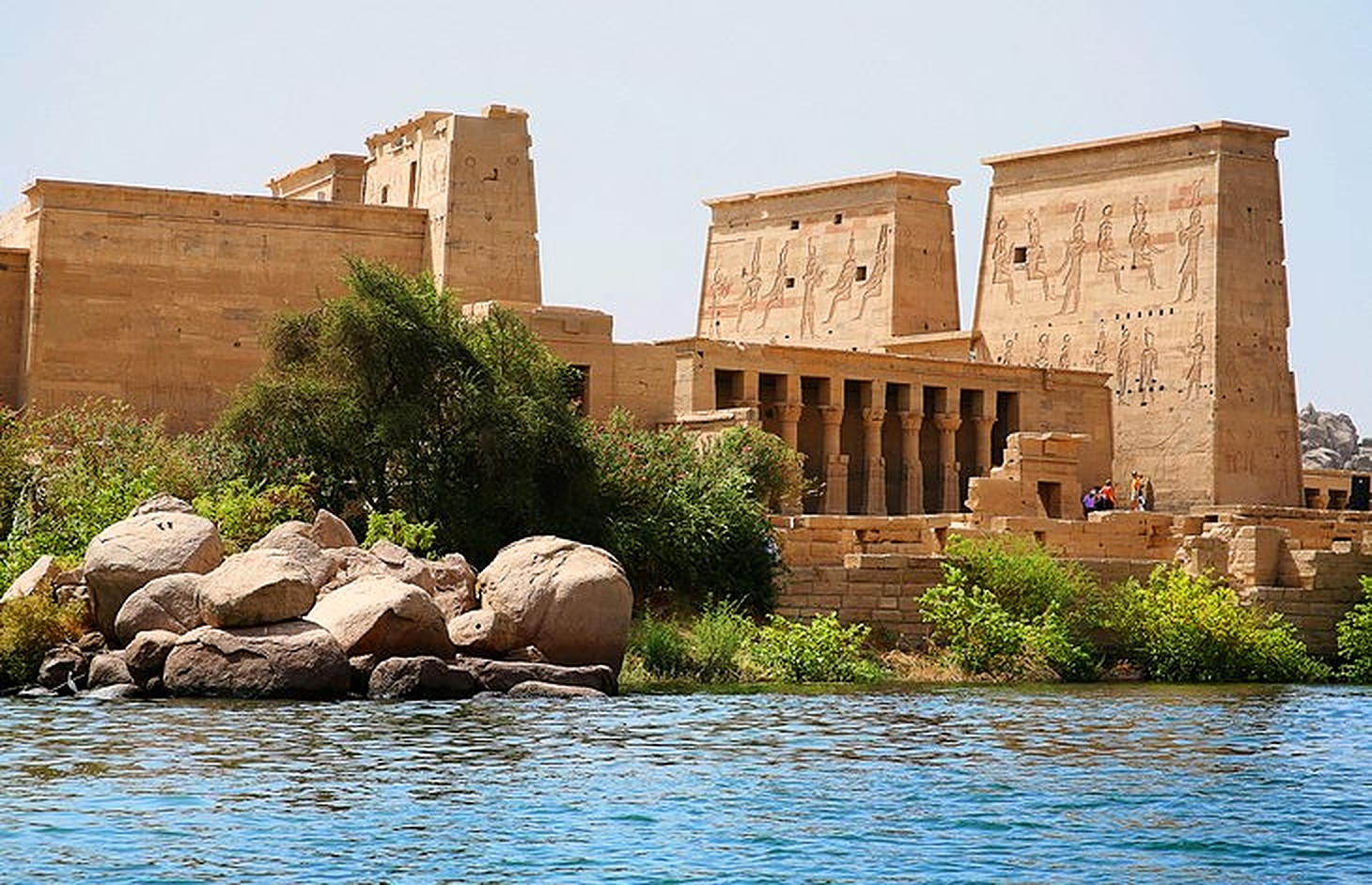Nubian Museum, Aswan

Nubian Museum, Aswan
The Nubia Museum in Aswan is an interesting cultural landmark, which expresses the history and heritage of the Nubian people—a civilization thriving along the Nile River for thousands of years. The museum is sited near the Nile and the Aswan High Dam, presenting a various collection from the very ancient Nubian culture to the times of today. Displays range from statues and jewelry to pottery and tools, and the museum emphasizes the importance of the region for Egyptian history and the Nubian temple and monument relocations caused by the construction of the Aswan High Dam. Visiting the Nubia Museum provides a deeper understanding of the particular culture and legacy of Nubia, presenting it as a must-see for every history lover and traveler exploring this part of the world.
How to Visit the Nubia Museum
The Nubia Museum is a short distance from the Aswan High Dam and easily reachable from the center of Aswan. It is open all year round, and at the door they request an entrance ticket. If possible, it is advisable to visit during the coolest months of the year (from October to April) to avoid the great heat of the desert area.
Importance of Nubia Museum:
Nubia is the oldest and historically one of the most powerful civilizations in the world. It played a considerable role in great stages during ancient Egypt, especially along the Nile, where a series of kingdoms dominated the geography and history of Nubia, carrying the name of Kush. Nubians remembered for the power of the military might, culture, and architectural splendor could, in fact, form the basis of kings and queens of Egypt at one time or another, with the greatest being in the 25th Dynasty, popularly known as the "Kushite Dynasty.".
For all its relevance to ancient Egyptian history, Nubian cultural heritage was outweighed by Egypt's. Nubia's Museum at Aswan is to rectify things and celebrate the history of Nubia in all of its glory.
The top attraction of the Nubia Museum:
The Nubia Museum was built on the Nile's banks, close to the Aswan High Dam, with the purpose of being an educational center about the rich cultural heritage in Nubia. This modern architecture further includes spacious galleries, giving much insight into the history of Nubia through thousands of years. Here is a look at some key highlights of the museum:
Artifacts and Exhibits: The museum represents an enormous collection of Nubian artifacts, which include sculptures, pottery, jewelry, and tools, starting from the time of the Pharaohs, through the Kingdom of Kush, up to the later Christian period. Among those, one could really appreciate the expertise and artistic skills of the people of Nubia, which reflect the traces of their daily life, beliefs, and social structures.
Temples and Monuments: The most impressive of all the features found within this museum is related to the temples and monuments that had to be relocated from their earlier sites due to the construction of the Aswan High Dam. During the time the dam was under construction, many ancient Nubian sites were threatened by flooding. It exhibits replicas and extensive information concerning the Abu Simbel Temples, the Temple of Philae, and other monumental edifices that were painstakingly translocated to higher ground levels for preservation for future generations. The translocation process is among the greatest archaeological engineering feats ever executed in the history of humankind.
Nubian History: The exhibits of the museum show Nubia from prehistoric times to the emergence of the Kingdom of Kush and its subsequent integration into the Egyptian empire. It also presents the enthralling account of Nubia's relation with Egypt, right from the military alliances down to the cultural exchange.
Nubian Art: Visitors are allowed to sample different aspects of Nubian art in the way of traditional fabrics, pottery, and decoration. The cultural identity of the Nubians is expressed through their art with unique finery and minute carvings, revealing their creativity and skillfulness.
Educational Programs: The Nubia Museum also offers educational programs to schools and visitors who would like to know more about the history and culture of Nubia. The programs will help to add to their knowledge concerning the ancient civilization and its importance to the world.
Visiting the Nubia Museum remains an exciting, enriching experience in Egypt tours that reveals much more from the life of one of the oldest civilizations on earth. From fascinating artifacts and interactive exhibits to the depth of their history linked with ancient Egypt, the museum offers a must-visit destination in Aswan tours.
Egypt Tours FAQ
Of course, travelers must obtain a visa, which can be obtained upon arrival or online for some nationalities.
Egypt is generally safe for tourists and residents, and you should consult travel specialists to find out the best places to visit in Egypt.
The Egyptian pound (EGP) is the official currency in Egypt.
The language is Arabic, but in tourist areas English is widely spoken.
Egypt offers a range of tours, including historical, cultural, and adventure trips that cater to all interests
Yes, many Egypt trips are family-friendly, offering educational experiences and activities suitable for all ages.
Private Egypt tours can be easily booked through us, offering customized itineraries based on your preferences.
Guided tours in Egypt include a professional guide, who provides insight and comfort, while self-guided tours allow more flexibility but you won't get the information a tour guide gives you.
comfortable clothing suitable for the climate, sunscreen, and essentials for exploring historical sites






